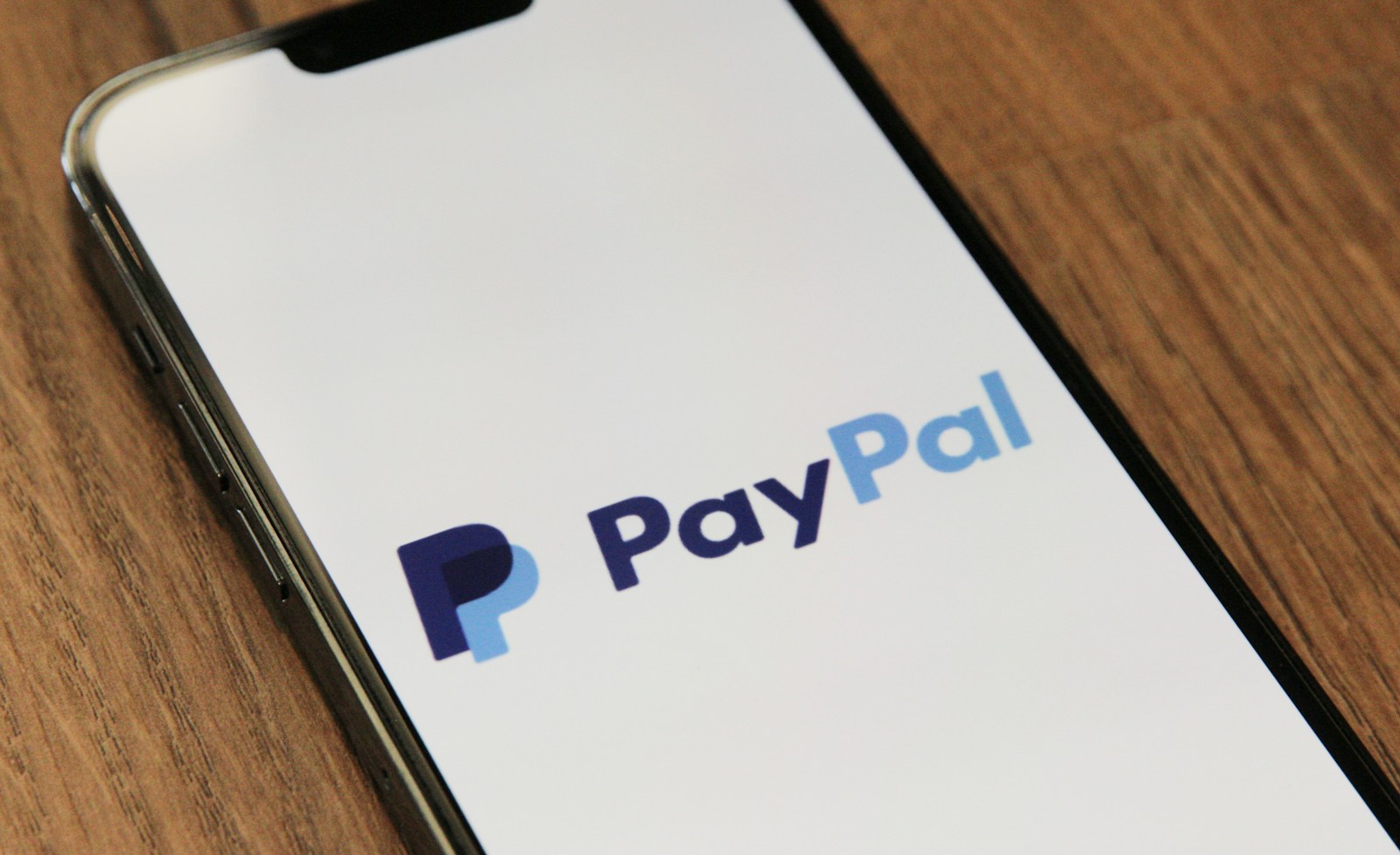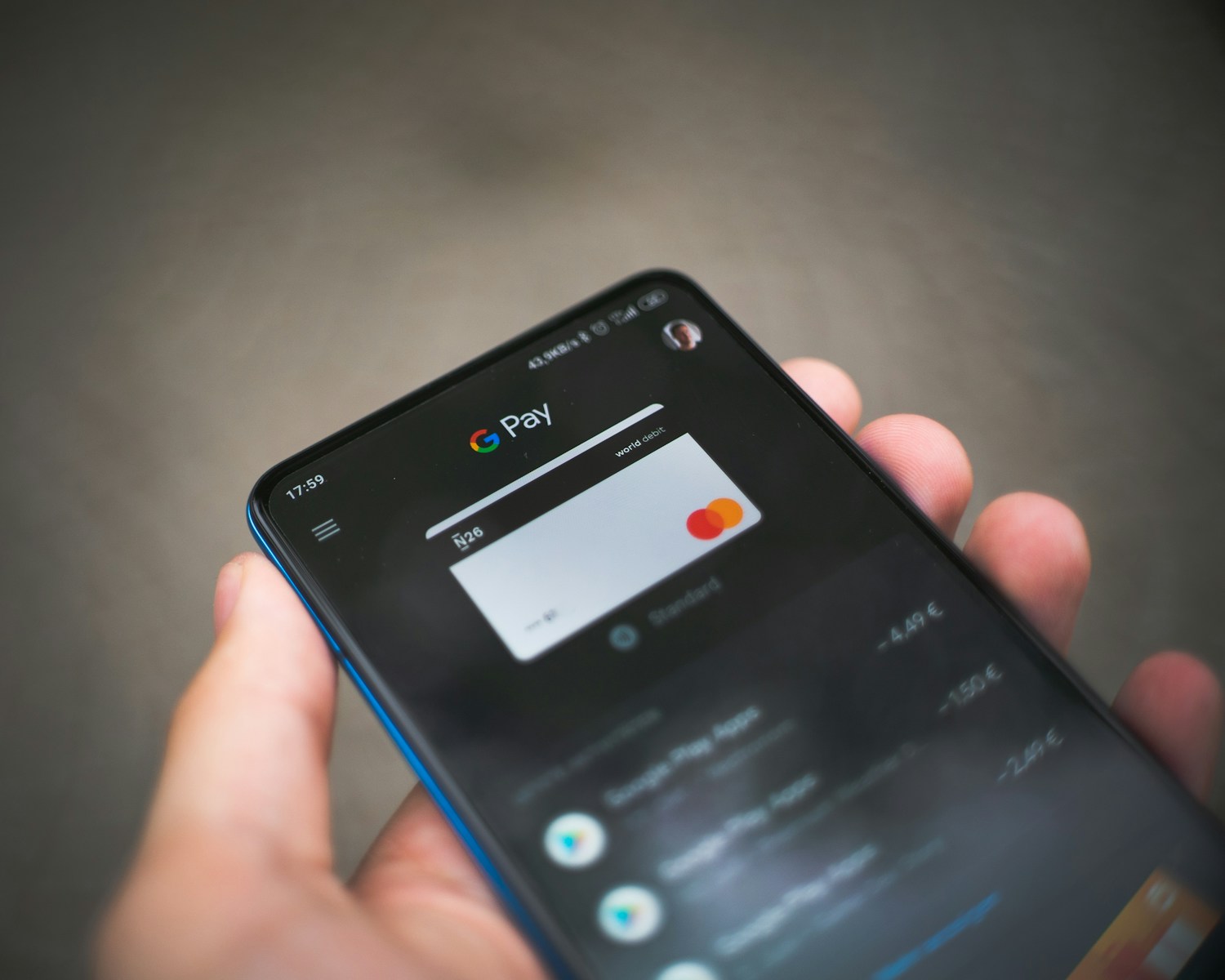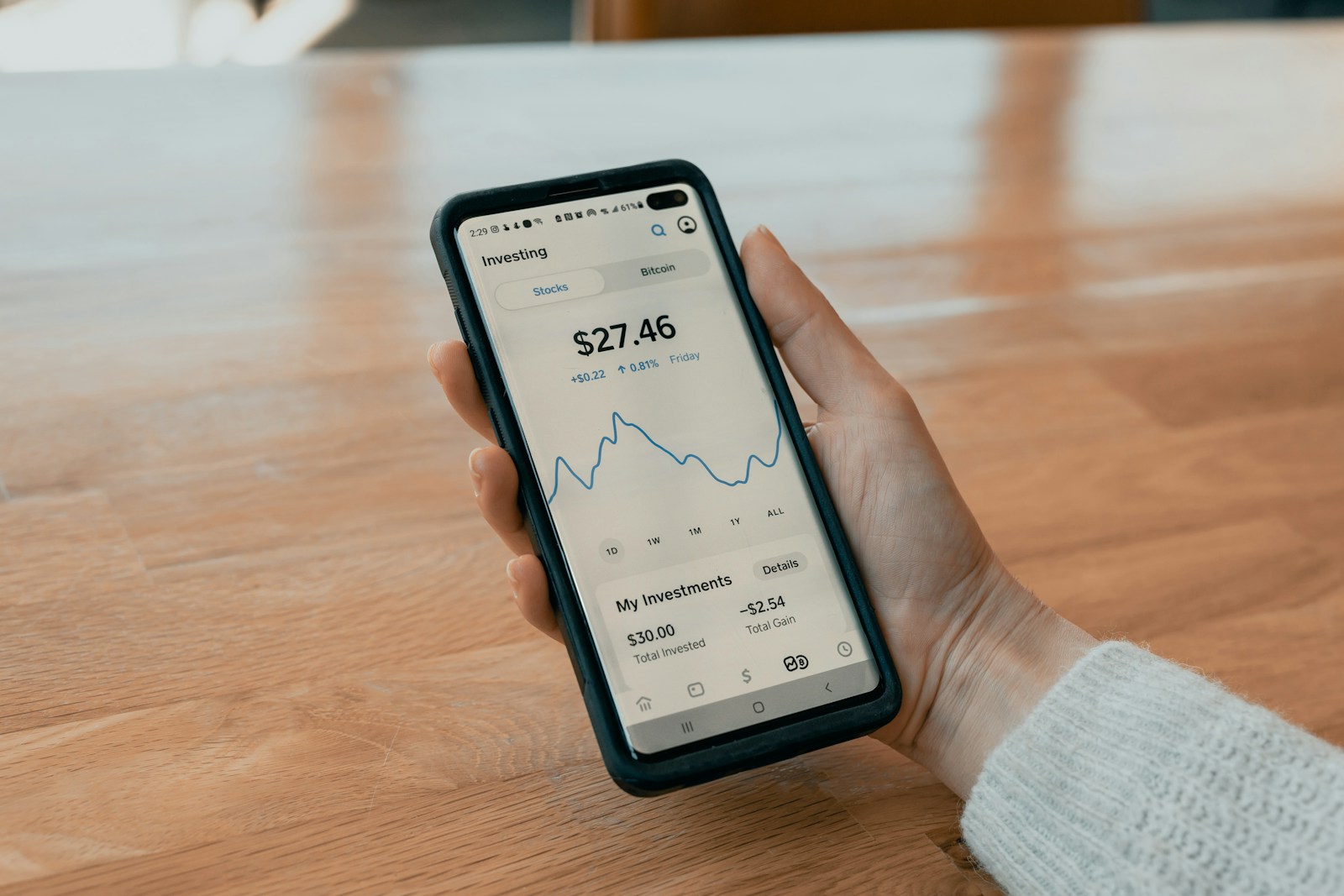Table of Contents
Introduction: Understanding PayPal and Its Popularity
PayPal is a digital payment platform that allows users to send and receive money online. It was founded in 1998 and has since become one of the most popular payment methods worldwide, with over 300 million active users in more than 200 markets. PayPal's popularity can be attributed to its convenience, security, and ease of use. However, like any other payment method, PayPal has its pros and cons. In this article, we will explore the advantages and disadvantages of using PayPal and help you decide whether it's worth it.

The Pros of Using PayPal: Convenience, Security, and More
One of the biggest advantages of using PayPal is its convenience. With PayPal, you can send and receive money from anywhere in the world, as long as you have an internet connection. You can also link your PayPal account to your bank account or credit card, making it easy to transfer funds between accounts. Additionally, PayPal offers a mobile app that allows you to make payments on the go. Another advantage of using PayPal is its security. PayPal uses advanced encryption technology to protect your financial information, and it also offers fraud protection and buyer protection. If you make a purchase using PayPal and the item is not as described or doesn't arrive, you can file a dispute and get your money back. PayPal also offers other features that make it a popular payment method. For example, you can use PayPal to pay for goods and services on websites like eBay, Amazon, and Etsy. You can also use PayPal to pay for subscriptions, such as Netflix or Spotify, and to send money to friends and family.
Full List: Pros of Using PayPal
- Convenience: PayPal provides a convenient way to send and receive money globally, making transactions accessible with an internet connection. The ability to link your PayPal account to your bank or credit card simplifies fund transfers between accounts.
- Security: PayPal prioritizes security with advanced encryption technology, offering users protection against fraud. The buyer protection feature ensures a secure online shopping experience, allowing users to file disputes and receive refunds for misrepresented or undelivered items.
- Mobile App: PayPal's mobile app enhances flexibility, enabling users to make payments on the go, contributing to a seamless and efficient payment experience.
- Wide Acceptance: PayPal is widely accepted across major online platforms like eBay, Amazon, and Etsy, offering users a versatile payment option for various goods and services.
- Subscription Payments: Users can utilize PayPal for subscription payments, such as those for popular services like Netflix or Spotify, providing a streamlined and automated approach to recurring charges.
- International Transactions: PayPal's global reach facilitates easy cross-border transactions, eliminating geographical barriers for businesses and individuals engaged in international trade.
- Ease of Use: PayPal's user-friendly interface and straightforward setup make it accessible to users with varying levels of technical expertise, contributing to its widespread adoption.
- Quick Dispute Resolution: The ability to file disputes through PayPal ensures prompt resolution in cases of transaction discrepancies, offering users a layer of protection and trust in their financial interactions.
- Integrated Payment Options: PayPal's integration with various online platforms expands payment possibilities, allowing users to pay for goods and services on a multitude of websites, enhancing its overall utility.
- Flexible Money Sending: PayPal's functionality extends beyond online purchases, enabling users to send money to friends and family quickly and securely.
In addition to the mentioned advantages, PayPal also stands out for its broad acceptance in the online payment ecosystem and its role in facilitating flexible and secure money transfers worldwide. Furthermore, the platform's commitment to continuous improvement and innovation ensures that users can expect ongoing enhancements to their payment experience.

The Cons of Using PayPal: Fees, Disputes, and Limitations
One of the biggest disadvantages of using PayPal is its fees. PayPal charges a fee for every transaction, which can range from 2.9% to 4.4% plus a fixed fee depending on the country and currency. This can add up, especially if you're making a lot of transactions. Additionally, if you're receiving money from someone who is using a different currency, PayPal will charge a conversion fee. Another disadvantage of using PayPal is disputes. While PayPal offers buyer protection, it can be difficult to resolve disputes if the seller is unresponsive or uncooperative. Additionally, PayPal may freeze your account if it suspects fraudulent activity, which can be frustrating if you need access to your funds. Finally, PayPal has some limitations. For example, there are limits on how much money you can send and receive, and there are restrictions on certain types of transactions, such as gambling or adult content.
Full List: Cons of Using PayPal
- Fees: One of the significant drawbacks of PayPal is its fee structure. Each transaction incurs a fee ranging from 2.9% to 4.4%, accompanied by a fixed fee based on the country and currency. For frequent users, these fees can accumulate, impacting the overall cost of transactions.
- Conversion Fees: PayPal imposes additional conversion fees when dealing with different currencies. If you're receiving money in a currency other than your account's primary currency, you'll be subject to conversion fees, further contributing to the overall cost of transactions.
- Dispute Resolution Challenges: While PayPal provides buyer protection, resolving disputes can be challenging if the seller is unresponsive or uncooperative. Navigating the dispute resolution process may result in frustration for users seeking a resolution to transaction-related issues.
- Account Freezing: PayPal may freeze user accounts in cases of suspected fraudulent activity. While this measure is in place for security reasons, it can be inconvenient for users who require immediate access to their funds, adding an element of unpredictability to the platform.
- Transaction Limitations: PayPal imposes limits on the amount of money users can send and receive. Additionally, certain transaction types, such as those related to gambling or adult content, are restricted, limiting the platform's suitability for specific industries or activities.
- Withdrawal Times: The time it takes to withdraw funds from a PayPal account to a linked bank account may be longer than desired, causing delays in accessing funds for users with immediate financial needs.
- Alternative Payment Methods: In some cases, users may find that certain transactions or businesses do not accept PayPal, limiting its usefulness and requiring users to have alternative payment methods available.
- Limited Merchant Tools: While PayPal is suitable for individual users and small businesses, larger enterprises may find the platform's tools and features somewhat limited for more complex business operations.
- Customer Service Challenges: Users have reported challenges with PayPal's customer service, including response times and the resolution of issues. This aspect can add frustration to users seeking assistance with account-related problems.
- Privacy Concerns: Some users may have privacy concerns with PayPal, given the extensive transaction data the platform processes. This can be a drawback for individuals who prioritize keeping their financial information more confidential.
While PayPal offers convenient features, it's essential to weigh these against the potential drawbacks, particularly the associated fees, dispute resolution challenges, and limitations. Users should carefully consider their specific needs and transaction patterns to determine whether PayPal is the most suitable payment solution for their circumstances.
Conclusion: Is PayPal Worth It? Weighing the Pros and Cons
. In conclusion, PayPal is a popular payment method that offers convenience, security, and other useful features. However, it also has its drawbacks, such as fees, disputes, and limitations. Whether PayPal is worth it depends on your individual needs and preferences. If you value convenience and security and don't mind paying fees, then PayPal may be a good option for you. However, if you're looking for a payment method with no fees or restrictions, then you may want to consider other options. Ultimately, it's up to you to weigh the pros and cons and decide whether PayPal is worth it.


